- +01 (829) 343 4635
- info@petsbreedingcontrol.org
- Address, Dominican Republic
Donate to contribute
La solución no es rescatar más animales, Es encontrar menos en las calles. ¡Esteriliza!
Sadly, it is unclear how many dogs and cats die under deplorable conditions every day in our country. Sadder still, there are very few people who are actually doing anything about it. Laws and public policies that protect animals from abuse are minimally complied with, and the government institutions that should be enforcing these laws underfunded. Violence is rampant in all areas of our society and continues to grow.
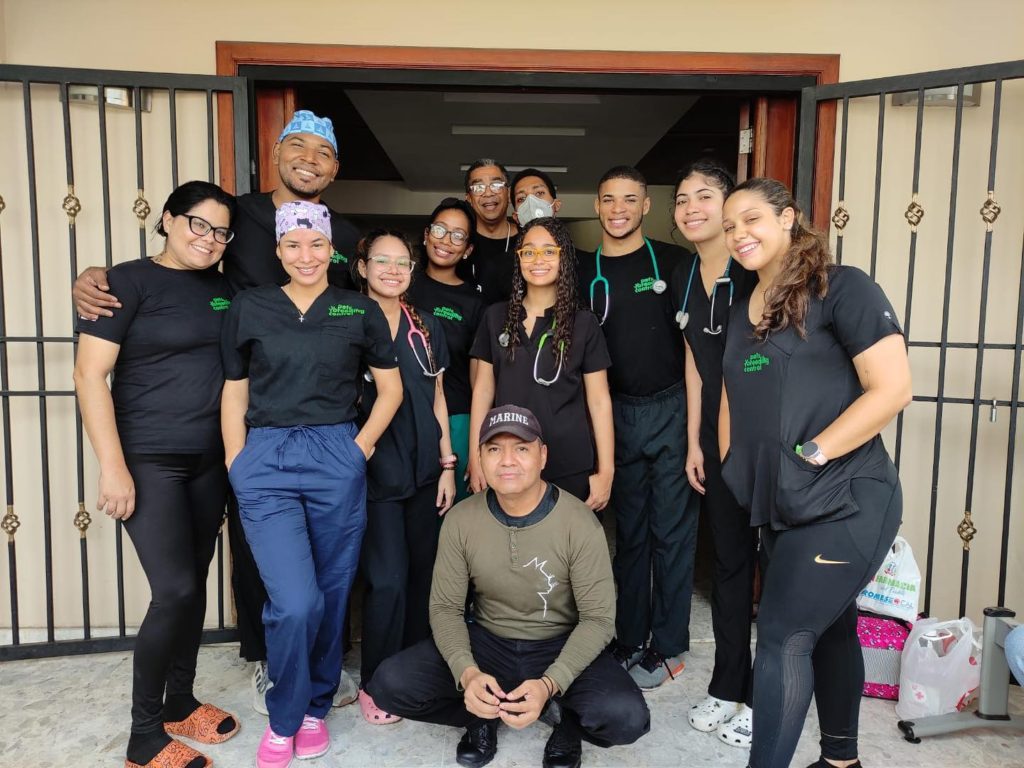
Años de Servicio
+
0
Esterilizaciones
0
+
Jornadas
0
+
INTRODUCTION OF US
Our work promise is to maintain the trust placed.
We are a non-profit organization dedicated to reducing the stray dog and cat population and to raise awareness on the importance of sterilizing pets in the Dominican Republic.
Pets Breeding Control, or PBC, is made up of doctors, students, volunteers and professionals from all walks of life, whose aim is to give new generations better opportunities.
Our organization arises from the need to reduce the agonized suffering of street animals, the lack of resources available to animal owners and from not knowing where to turn for help. CAN YOU RELATE? We originated in 2009 after our Founder, Veterinary Doctor Lourdes Ripley attended a sterilization campaign organized by another foundation called Animal Balance in Cabrera in the Dominican Republic. It was there that we understood that we could follow Animal Balance’s example, and with the support of this institution, we began our journey. In order to improve our surgical skills, we partnered with the HUMANE SOCIETY where we trained under great surgeons who taught us correct surgical procedures. Teachers like Susan Monger, Jessy Pazzos, Heather Riggs, and other incredible doctors who shaped us into a team of strong doctors with superb surgical skills. After that, HSII sent our team to Panama for hands-on practice in a mass surgical scenario.
We became a legally registered not-for-profit organization in 2011. Since then, we have worked arduously to achieve over 18,000 surgeries in dogs and cats as of 2023. In addition to that, our vaccination program protects animals from the Rabies virus. We also administer vaccines that prevent leptospirosis, hepatitis, parvovirus, distemper and multiple diseases, and deworming treatments. We don’t just take care of the pets; we also protect the human population.
Los lugares donde hemos ayudado con nuestra clinica movil son:
- Bayaguana 2015
- La vega
- Punta Cana 2011 - 2018
- Puerto Plata - 2010 - 2020
- Cabrera 2010-2023
- Rio San Juan 2015-2017-2019-2021-2022
- San Cristobal - 2018
- Nagua- 2019 - 2022
- Santo Domingo 2010-2023
15
YEARS
OF SERVICE
SITUATION IN THE DOMINICAN REPUBLIC
Sadly, it is unclear how many dogs and cats die under deplorable conditions every day in our country. Sadder still, there are very few people who are actually doing anything about it. Laws and public policies that protect animals from abuse are minimally complied with, and the government institutions that should be enforcing these laws underfunded. Violence is rampant in all areas of our society and continues to grow.
The DR has a population density of 11,117,873, with an area of 48,670 km2. This data is significant because we estimate that about 10-12% of the population have have pets. This data point translates into this beautiful island having approximately 1,334,144 dogs and cats, of which only about 300,000 have an owner. This is the harsh reality that must be faced when confronting this issue.
We have close to 700,000 pets living on the streets, in unimaginable conditions, under mistreatment, hunger, disease, abandonment.
However, all is not lost. At pets breeding control, we have a wide range of professionals and students dedicated to bringing about change through surgical sterilization and an education program to eliminate future animal abandonments and to give animals a chance.
Around three million puppies die annually before reaching their first year of life. These puppies die in the cruelest ways: from starvation, since their mother, when going out to look for food, is killed or run over by a car, due to infection from parasites and or diseases, such as distemper, drowned in sacks and discarded in the trash, etc. In other words, dogs and cats experience something like an annual Holocaust, without any concrete, near-term solutions on the horizon, except for the actions carried out by various organizations and activists that work in animal protection. These good Samaritans are under the protection of Law 248-12, Animal Protection and Responsible Ownership, which was promulgated in 2012.
Statistics also show that a dog or cat that lives in a home where they have access to basic care like vaccinations, adequate food and affection, can live 12 years or more. On the other hand, street animals only live to a maximum average age of around five years. Those who manage to exceed that milestone are true survivors, who have endured multiple accidents and many hardships.
Worldwide, the solution to this terrible situation is attained via a multi-sector approach that includes the education of the population and the humane sterilization of dogs and cats, among other wide-ranging strategies. Working to control unwanted births reduces the chances of physical abuse, the number of animal deaths and has a significant impact on human health.
Conversely, there is proof that when cats and dogs are spayed or neutered, their physiological needs decrease; they are in better physical condition, which reduces mistreatment and consequent rejection by foreign visitors and the local population. Sterilization reduces the need to migrate in search of food, which, in turn, reduces the chances of automobile accidents. Automobile-related deaths are one of the principal causes of human mortality in the country.
Another proven factor is that the massive poisoning of street fauna is cruel and inefficient. The result of this type of action leads to the migration of the population to other spaces. This method only moves the problem to another geographical location, and transfers previously non-existent diseases to new areas where the animals migrate, not counting the adverse effect on humans. Although there currently aren't any detailed records of all the problems that arise in the Dominican Republic due to the lack of birth control in the domesticated animal population, its negative impact on multiple social, cultural, and even economic aspects is clear.
Another situation that arises is violence, not only against animals, but also against people. It is a known fact that a person who exercises violence against an animal can progress to violence against humans.
Make a difference today.
Become a volunteer.
Su tiempo es el regalo más valioso que una persona pueda dar. Únete a nosotros y haz la diferencia.
Donate to support.
Cada granito de arena nos lleva más cerca a nuestra meta de ayudar a los animalitos callejeros de la Republica Dominicana.
MIEMBROS / VOLUNTARIOS
Nuestro Equipo

Lourdes Ripley
Fundador
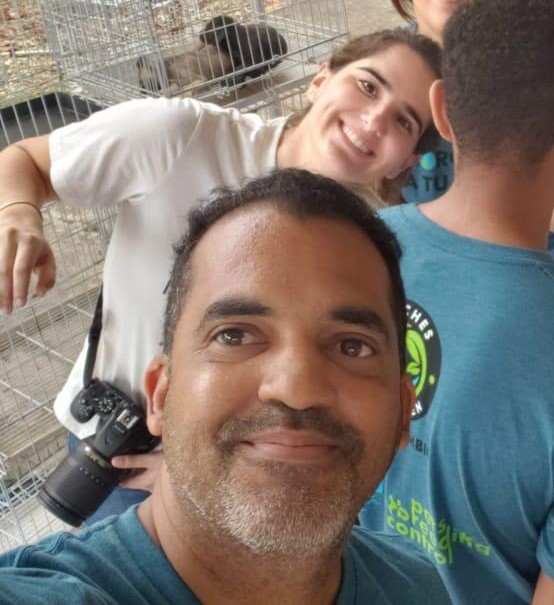
Diogenes Cruz
Co-fundador
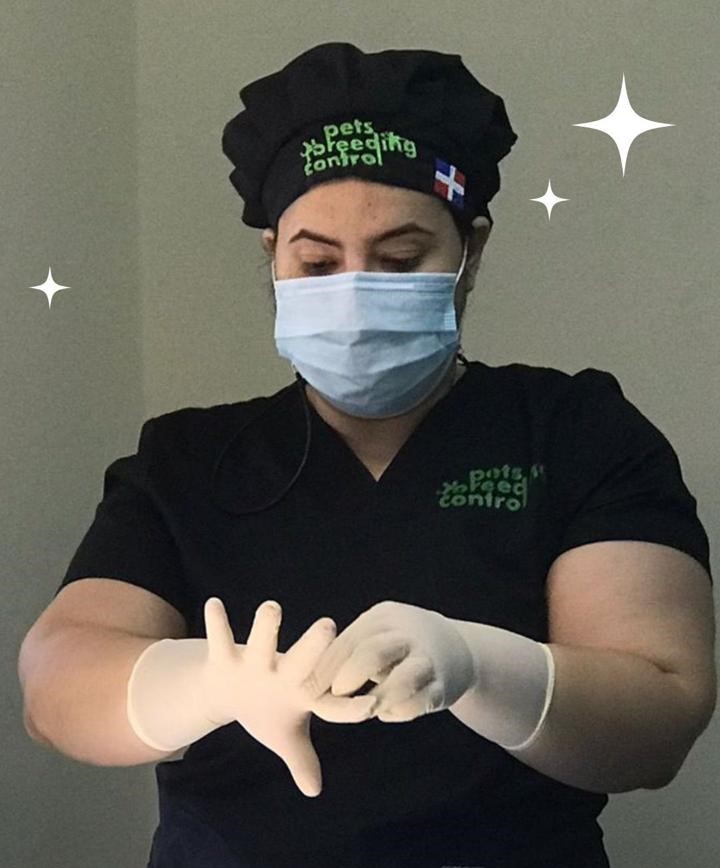
Dra. Geraldine Mejía
Médico Veterinario
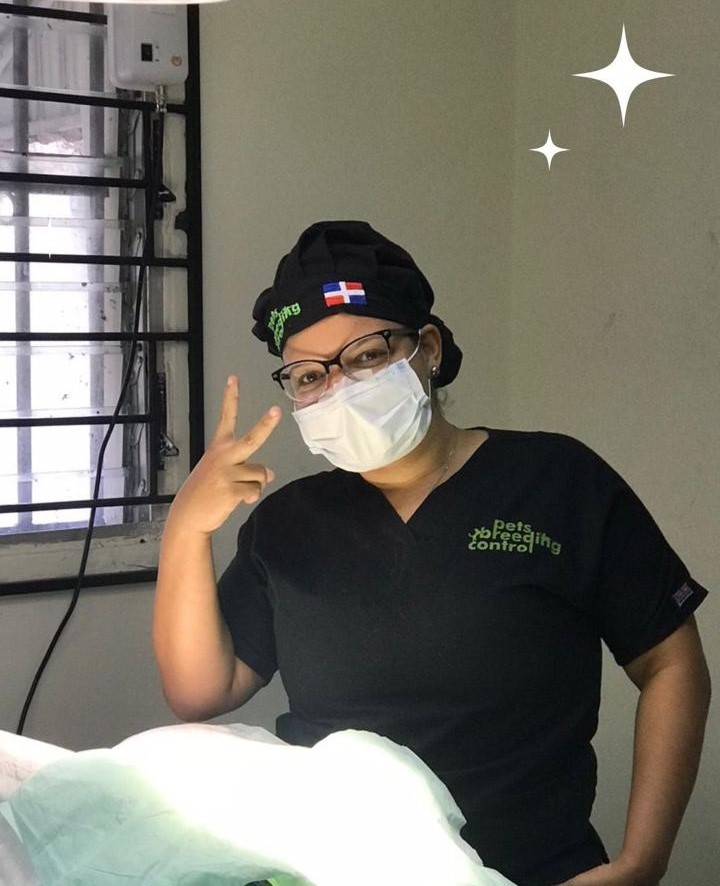
Dra. angeline Taveras
Médico Veterinario

Mirla Garcia
Community Manager

Luis Lopez
Coordinador de Voluntarios
Hazte Voluntario
Testimonios
4 Videos
TESTIMONIOS
¡Creando conciencia!
Esterilizar una mascota es un acto de amor y conciencia.
Existen muchas razones para esterilizar a tus mascotas, y la principal es controlar la población de animales sin hogar. Cada año, miles de cachorros y gatitos nacen y muchos de los cuales nunca encuentran un hogar. Al esterilizar a tu mascota, puedes ayudar a prevenir la sobrepoblación y reducir la cantidad de animales abandonados.
Necesitamos de su apoyo
Juntos, podemos transformar la vida de estos animales. ¿Nos ayudas a hacer del mundo un lugar mejor para ellos?
Para Donar
Banco Popular Dominicano: Swift: BPDODOSX
Nombre: Fundación Pet Breeding Control
RNC No.: 430143456
Cuenta Corriente No. 799357611 dollars
Cuenta Corriente No. 793674441 pesos
Paypal
¡Cambiemos el mundo!
Trabajando por el bienestar animal
Somos un equipo de voluntarios que se une para esterilizar a los animales callejeros que deambulan por las calles de Santo Domingo.
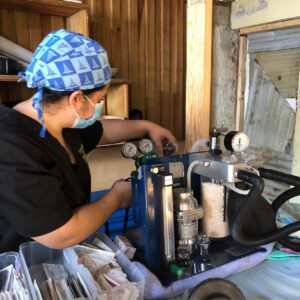
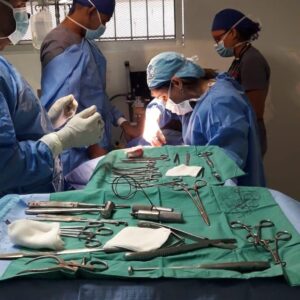
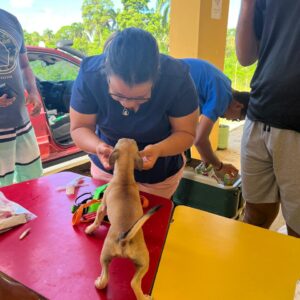
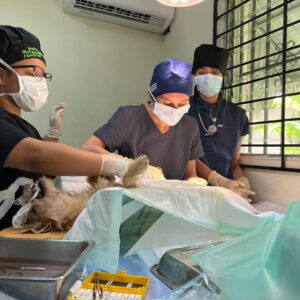
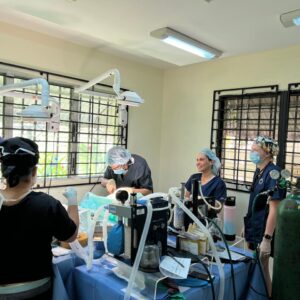
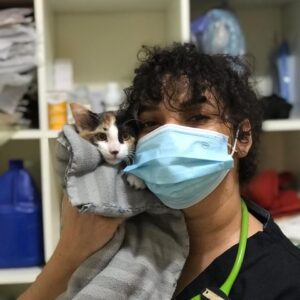
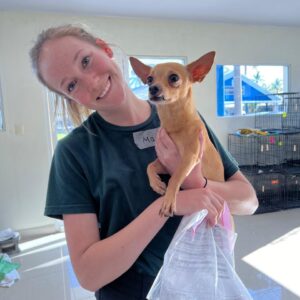
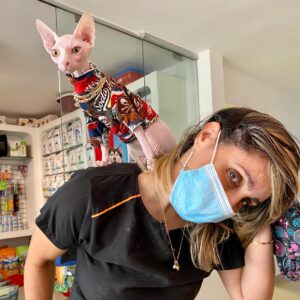
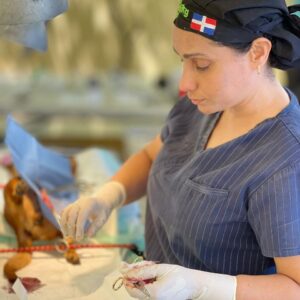
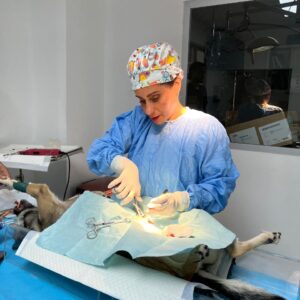
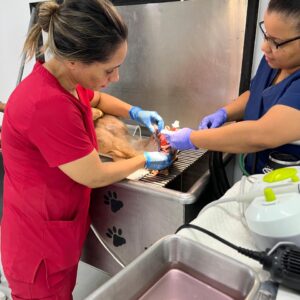
Copyright © 2023 IAMART. All rights reserved.
Oppps!! There is no product


